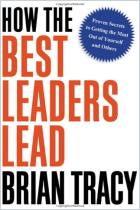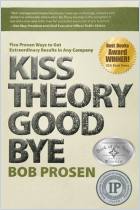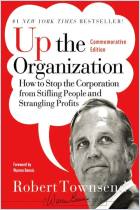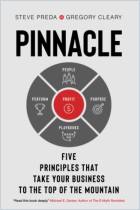
Mastering the Rockefeller Habits
What You Must Do to Increase the Value of Your Growing Firm
Recommendation
Entrepreneurship expert Verne Harnish, a student of business management, interprets a set of managerial best practices he calls the “Rockefeller habits.” He refers throughout to Standard Oil co-founder John D. Rockefeller (1839–1937), who had three bedrock management precepts: “priorities, data and rhythm.” Harnish’s short, effective manual illuminate all three, detailing why companies need firm plans, established priorities, big goals, effective delegation and strong values that it integrates into its performance. In this useful best-selling guide, now translated into nine languages, Harnish clarifies how CEOs and senior managers can apply these ideas to nourish their companies’ growth. getAbstract recommends his useful management primer to entrepreneurs, executives, and business students and professors.
Summary
About the Author
Verne Harnish, also known as the syndicated columnist who writes “The Growth Guy,” founded the Entrepreneurs’ Organization and chairs its CEO program, the Birthing of Giants. He also wrote the best-selling Scaling Up: Rockefeller Habits 2.0.

















Comment on this summary or Iniciar a Discussão